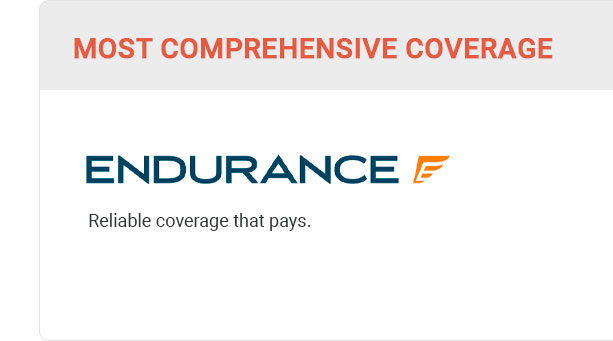 |
 |
 |
 |
 |
 |
 |
 |
 |
 |
|||
 |
 |
|||
 |
 |
|||
 |
 |
|
|||||||
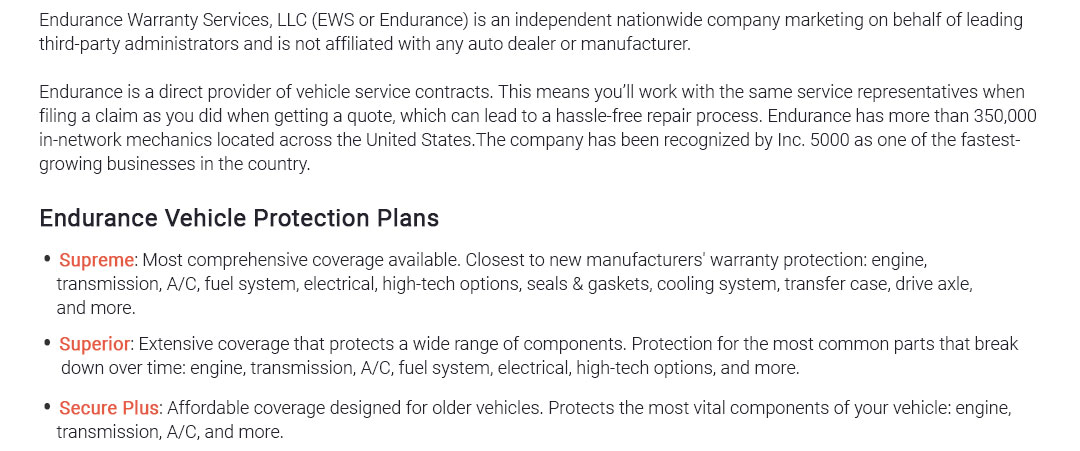 |
|||||||
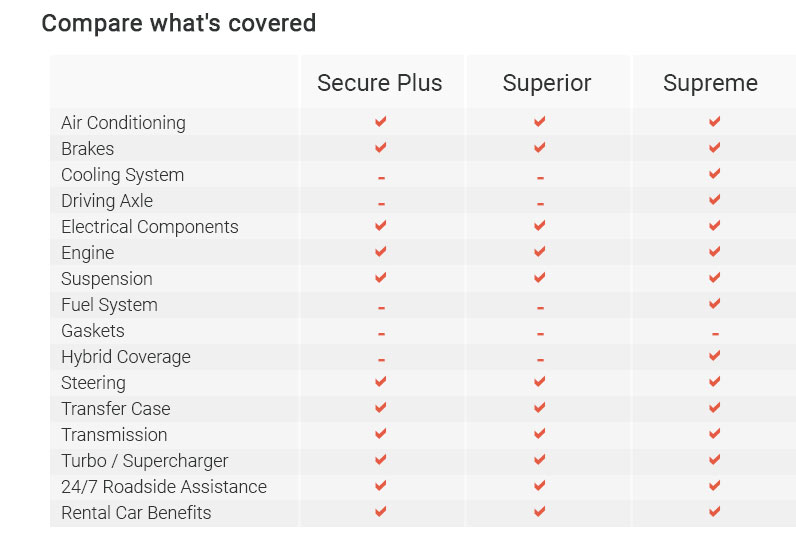 |
|||||||
 |
|||||||
 |
|||||||
|
|||||||
|
||||||
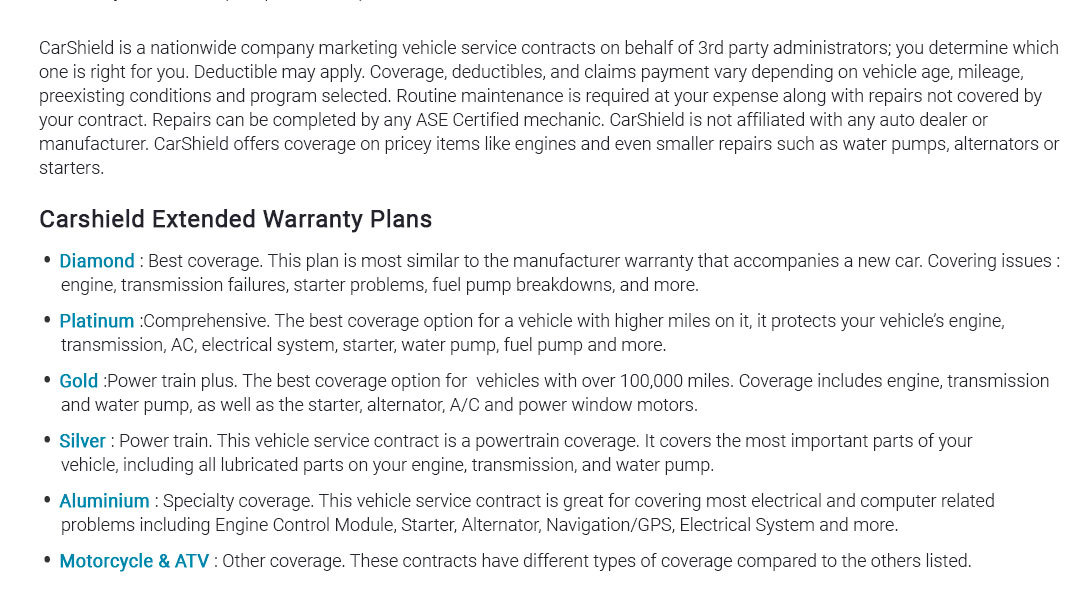 |
||||||
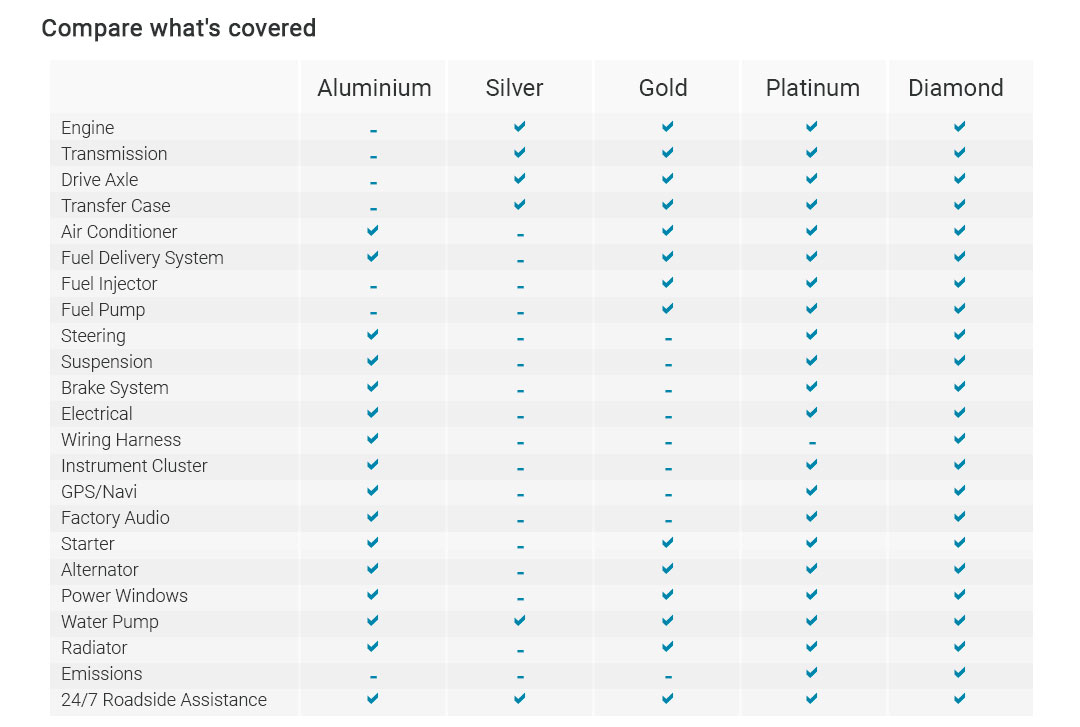 |
||||||
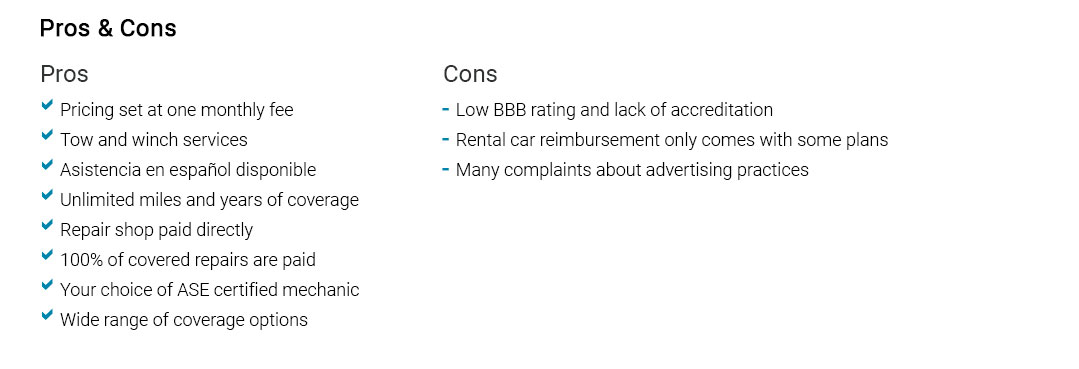 |
||||||
|
 |
 |
 |
 |
 |
 |
 |
|||
 |
 |
|||
 |
 |
The Intricacies and Benefits of Auto Extended WarrantiesIn today’s fast-paced world, where automobiles have become an indispensable part of our daily lives, understanding the nuances of auto extended warranties can be exceptionally beneficial. While the initial purchase of a vehicle often comes with a manufacturer's warranty, the expiration of this coverage period presents a critical decision point for many car owners: should one invest in an auto extended warranty? This choice, nuanced and multifaceted, deserves careful consideration. Auto extended warranties, often referred to as service contracts, offer protection beyond the manufacturer’s original warranty. Unlike the standard warranty that comes with a new car, these extended plans can vary significantly in terms of coverage, duration, and cost. They can be purchased from the vehicle manufacturer, a dealership, or a third-party provider, each offering different levels of coverage and service. It is essential to meticulously evaluate these options to ensure you are making a decision that aligns with your specific needs and financial situation. The fundamental advantage of an auto extended warranty lies in its ability to mitigate the risk of unexpected repair costs. Modern vehicles, with their sophisticated technology and advanced engineering, can be costly to repair. An extended warranty can provide peace of mind, knowing that many of these potential expenses might be covered. For some, this financial predictability is invaluable, allowing them to budget more effectively and avoid the stress of unforeseen repair bills. Comprehensive Coverage: While some extended warranties offer bumper-to-bumper coverage, others might only cover major components such as the engine and transmission. It is crucial to read the fine print and understand what is included and, perhaps more importantly, what is excluded. Some warranties may not cover routine maintenance or wear-and-tear parts like brake pads and tires, which could be a crucial consideration depending on your driving habits and the age of your vehicle. Considerations: When evaluating an auto extended warranty, consider the vehicle's reliability, your driving habits, and how long you plan to keep the car. If your vehicle has a reputation for reliability, you might not need extensive coverage. On the other hand, if you drive long distances regularly or plan to keep your car well beyond the expiration of the original warranty, an extended warranty could prove to be a wise investment.
In conclusion, while an auto extended warranty is not necessary for every car owner, it offers a significant benefit to those looking to protect themselves against the financial unpredictability of vehicle repairs. By thoroughly researching and understanding the terms of these warranties, car owners can make informed decisions that best suit their personal circumstances. Ultimately, the value of an extended warranty is not just in the coverage it provides, but in the confidence it instills, allowing you to drive with one less worry on your mind. https://www.marketwatch.com/insurance-services/car-warranty/best-extended-car-warranty/
Best Extended Car Warranty Companies of 2025 - Endurance Best Comprehensive Coverage - autopom! Best Customer Service - Carchex Best Industry ... https://www.mopar.com/en-us/care/flexcare-vehicle-protection.html
Mopar Vehicle Protection or FlexCare is offered with a wide variety of time and mileage terms, up to 8 years and 125,000 miles. New Vehicle plan coverage and ... https://consumer.ftc.gov/articles/auto-warranties-and-auto-service-contracts
An auto service contract or extended warranty is not a warranty as defined by federal law, because you buy it separately; it's not included when you buy a car.
|



